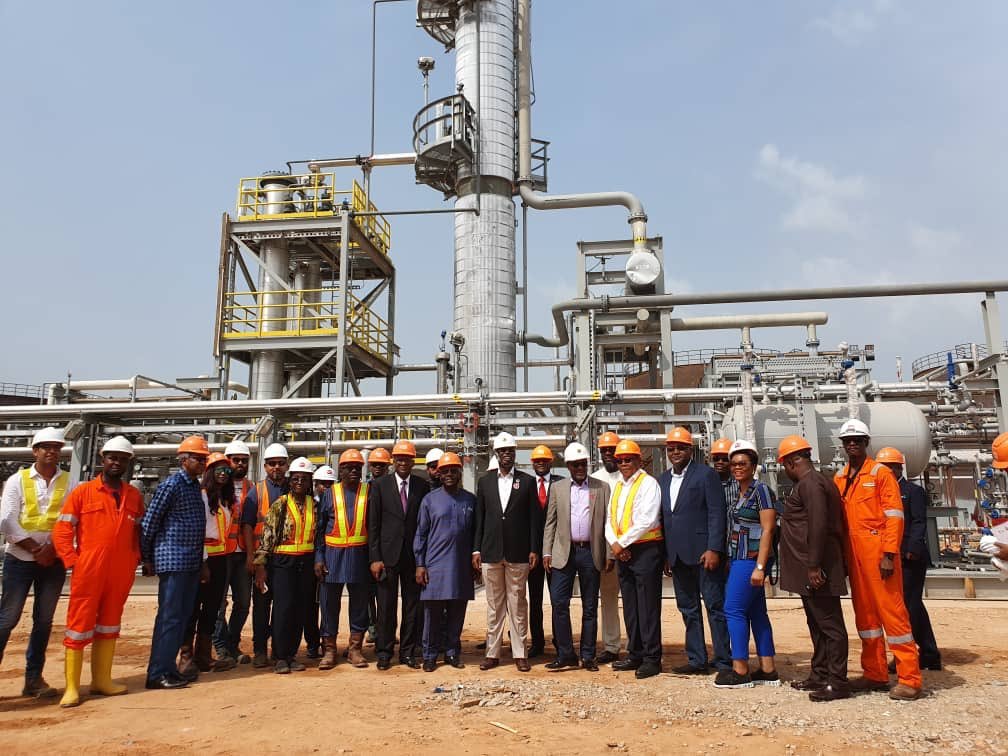Nigeria, Africa's most populous nation and a leading oil producer, paradoxically remains heavily reliant on imported refined petroleum products. Despite producing over 1.5 million barrels of crude oil daily, the country imports the majority of its refined fuels, leading to economic inefficiencies and energy insecurity. While large-scale refineries like the Dangote Refinery promise long-term solutions, modular refineries present an immediate, scalable, and pragmatic approach to bridging Nigeria's refining gap.
Current Landscape of Modular Refineries in Nigeria
The Nigerian government has issued over 40 licenses for modular refinery projects, aiming to enhance local refining capacity and reduce dependence on imports. However, only a handful of these projects have become operational. Notable among them is the Waltersmith Refinery in Imo State, which began operations with a 5,000 barrels per day (bpd) capacity and plans to expand to 50,000 bpd. Similarly, the Edo Refinery commenced with a 6,000 bpd capacity, with expansion plans underway. Additionally, VFuels LLC has secured a Front-End Engineering and Design (FEED) contract for a new 5,000 bpd modular refinery, indicating ongoing interest and investment in this sector.

DPR declares Waltersmith modular refinery ready for operations - sweetcrudereports - October 22, 2020
Recommendations for Enhancing Modular Refinery Success
To maximize the potential of modular refineries, the following measures are recommended:
-
Guaranteed Crude Supply: A primary hurdle is the inconsistent supply of crude oil. Many modular refineries lack direct access to feedstock, relying on allocations from the Nigerian National Petroleum Company Limited (NNPC). However, reports indicate that NNPC prioritizes larger refineries, such as the Dangote Refinery, leaving modular operators with insufficient crude supplies.
The government should implement policies ensuring consistent crude allocations to modular refineries, possibly through domestic crude supply obligations. -
Financial Support Mechanisms: Securing financing for modular refinery projects is challenging. Banks are hesitant to provide loans without government-issued crude supply guarantees. The absence of such guarantees hampers the ability of operators to attract investment and complete projects.
Establishing intervention funds or credit guarantees can facilitate access to financing for modular refinery projects. -
Regulatory Reforms: Inconsistent policies and regulatory frameworks deter investment. The lack of clear guidelines and support mechanisms for modular refineries creates an unpredictable business environment, discouraging both local and foreign investors.
Streamlining regulatory processes and providing clear, supportive policies will create a more conducive environment for investment. -
Security Enhancements: Oil theft, pipeline vandalism, and general insecurity in oil-producing regions pose significant risks. These issues not only threaten the physical infrastructure of modular refineries but also increase operational costs and deter potential investors.
Investing in security infrastructure and community engagement can mitigate risks associated with oil theft and vandalism. -
Technical Support and Training: Modular refineries often lack the advanced equipment necessary to produce high-demand products like Premium Motor Spirit (PMS). Additionally, concerns about carbon emissions and environmental impacts require operators to invest in greener technologies, further increasing costs.
Providing technical assistance and training programs can help operators adopt advanced technologies and adhere to environmental standards.
Conclusion
Modular refineries, while not a panacea, represent a pragmatic and immediate solution to Nigeria's refining challenges. By addressing the existing constraints through strategic policy interventions and support mechanisms, Nigeria can harness the potential of modular refineries to drive its industrial revolution, enhance energy security, and stimulate economic growth.
Business DayVFuels LLC | The Nation Newspaper | Petrol Price in Nigeria | Brickstone Africa | Business Day | The Conversation. | Business Day+1The Nation Newspaper+1






